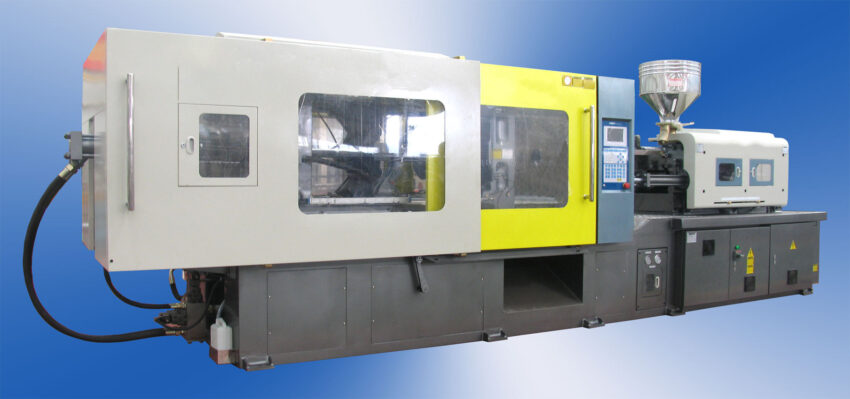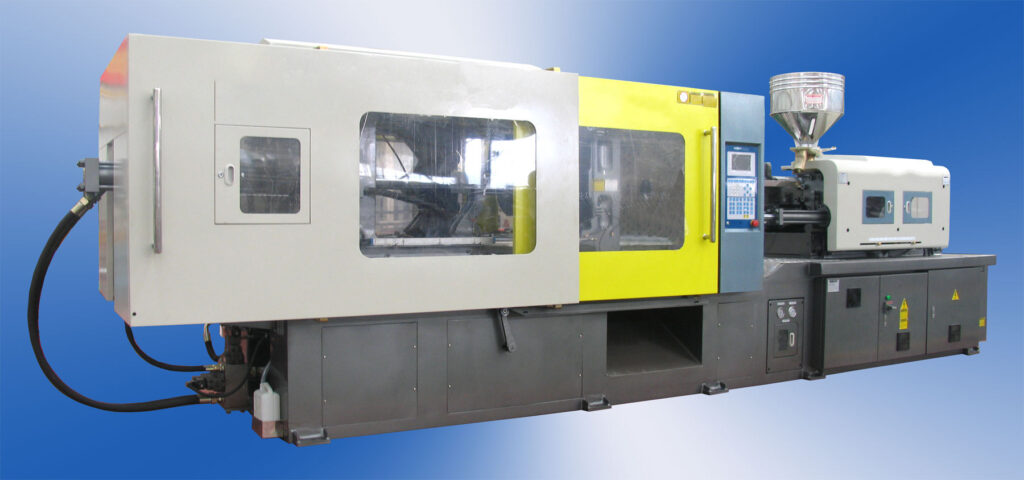Innovative Application of Injection Molding Machines in the Textile Industry: Analysis of Material Processing Cases

In traditional manufacturing, the textile industry and injection molding technology seem to be two independent fields. However, with the continuous progress and application innovation of technology, injection molding machines have shown new potential and advantages in material processing in the textile industry. We will demonstrate through practical cases how injection molding machines play a key role in this industry and analyze their impact on the future development trends of the textile industry.
The textile industry has always been known for its labor-intensive and technological traditions. However, with the increasing demand for high-quality, complex designs, and new materials in the market, traditional textile processing technologies can no longer fully meet the needs of modern production. Injection molding technology, as an efficient and precise plastic molding method, has been widely explored and applied in the textile industry, especially in the material processing of textiles.

Case One: Application of Injection Molding Machine in Textile Accessories Production
In the production of textile accessories, such as clothing buttons, zipper heads, hooks and other small components, injection molding machines can exert their efficient production capacity. These accessories typically require a certain degree of elasticity and wear resistance, as well as precise dimensions and shapes. A well-known clothing accessory production enterprise has introduced high-precision injection molding machines to produce these accessories in order to improve production efficiency and product consistency.
By utilizing the high degree of automation and precision control of injection molding machines, the enterprise has successfully achieved stable and fast production processes, greatly shortening production cycles while ensuring high quality standards for products. The application of injection molding technology not only improves production efficiency, but also reduces waste of raw materials, bringing significant economic benefits to enterprises.
Case 2: Application of Injection Molding Machine in Functional Textile Manufacturing
Functional textiles, such as those with waterproof, fireproof, antibacterial and other characteristics, require extremely high performance of the materials. Traditional textile processing techniques often find it difficult to balance the processing of functional materials and the fine processing of textiles. In this regard, injection molding technology provides an effective solution.
For example, a company specializing in outdoor sports equipment uses injection molding machines to produce clothing labels with waterproof and breathable properties. By precisely controlling the injection molding parameters, the uniform distribution and tight structure of the label material are ensured, effectively improving the waterproof performance of the product without affecting its softness and comfort.
This type of application demonstrates the enormous potential of injection molding machines in the field of functional textiles, which not only enhances the practicality of textiles, but also meets high consumer standards in terms of aesthetics and comfort.
Case 3: The role of injection molding technology in textile repair and recycling
With the deepening of the concept of sustainable development, higher requirements have been put forward for the repair and recycling of textiles. In this regard, injection molding technology also demonstrates its unique advantages.
One case is a company using an injection molding machine to process recycled plastic bottles, convert them into fibers, and then use them to produce textiles. This process not only reduces the demand for new raw materials, but also improves the utilization rate of waste plastics and reduces environmental pollution.
Through injection molding technology, these recycled materials can be precisely injected into molds to form the basic components of various textiles, thereby achieving resource recycling.
Conclusion and Outlook
The application of injection molding machines in the textile industry demonstrates their diverse and efficient characteristics. By providing precise material processing capabilities, injection molding technology not only improves the quality and production efficiency of textile products, but also provides new solutions for the production of functional textiles and the sustainable development of textiles.
In the future, with the further development and optimization of injection molding technology, as well as the continuous exploration of new materials and processes in the textile industry, injection molding machines will find more possibilities for application in the textile industry, driving this traditional industry towards more efficient, environmentally friendly, and technological development.
In summary, although the application of injection molding machines in the textile industry started relatively late, they have already shown enormous development potential and broad market prospects. With the continuous innovation of technology and the expansion of application fields, injection molding machines will bring more innovation and change to the textile industry, driving it towards a more prosperous and sustainable future.


